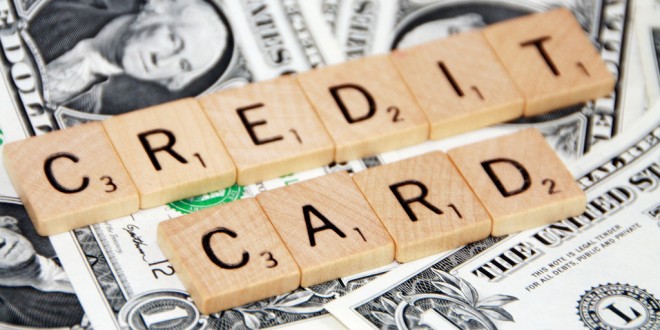In the battle between payday loans and credit cards, it might seem there can be only one winner – if you are looking just at the effective rate of interest you are being asked to pay. Like many things in life, however, the comparison might prove to be far less straight forward.
Where Do You Stand on the Credit Cards vs. Loans Debate?
APR
When making the comparison between payday loans and credit cards the leading detractors (Money Saving Expert, for example) immediately point to the very high rate of interest – APR or annual percentage rate – you pay on the former, compared to the latter. Interest rates on credit card purchases and cash advances, for example, may range between around 20% and 35% APR, whilst most pay day loans attract rates of interest at least a hundred times greater.
The more reputable payday loan lenders, such as Wonga.com, however, make no secret of the high APR on their borrowing – Wonga representative APR, for example, is some 5,853%. Though alarming this figure may seem, it is nevertheless worth remembering that payday loans or cash advances are typically for a very short period of time – generally from as short as one day, to as long as just 30 days or one month. Paradoxically, therefore, the shorter the repayment term – and hence the cost to the borrower – the higher the APR appears.
Repayment
The repayment term represents a very significant difference between a payday loan and credit card cash advance.
As mentioned, the payday loan is repayable in full in the very short term; the cash advance on a credit card, however, may be repaid over an almost indefinite period of time – and the longer the repayment term, of course, the greater the amount of interest that needs to be paid.
As a reference on wiki tells us; credit cards “may simply serve as a form of revolving credit” – borrowing in one month may simply be rolled over into the following month when still more credit may be notched up. Repayment may then be spread over very many years.
What a very good thing, you may say – my credit card offers a source of more or less permanent credit …
… and that may be precisely why so many credit cardholders eventually find themselves in serious financial difficulties – simply through the ready access to any number of cash advances as and when they are wanted.
The payday cash advance, however, has a definite beginning and a definite end – the loan is repayable in full on the expiry of the agreed borrowing term. The exact cost of the loan, accrued interest and any set-up fee is known by the borrower from the very outset.
Availability
These days, of course, the availability of credit to any individual is generally more tightly controlled than in the past – responsible lenders want to lend only to those who are likely to repay the loan as and when it becomes due.
By taking a look at a representative credit card issuer such as American Express, for example, it becomes clear that only those with no history of bad debt need apply.
Reputable payday loan lenders are equally responsible, with strict codes of practice on the assessment of borrowers’ creditworthiness. But if you have a less than perfect credit history, you may be more likely to get a payday cash advance than be issued with a credit card – simply because the former is for a fixed repayment term, whereas the latter may be a route to permanently revolving credit.
 Your Turn! When it comes to the credit cards vs. loans showdown, where do you stand and why?
Your Turn! When it comes to the credit cards vs. loans showdown, where do you stand and why?
 All The Frugal Ladies Personal finance with a feminine touch
All The Frugal Ladies Personal finance with a feminine touch








